In the dawn light of a South African savanna, a team of rangers huddle around a satellite dish aimed skyward. Their phones spring to life with a signal – an unthinkable result just months earlier in this remote, off-grid conservation zone. The source is Starlink, Elon Musk and SpaceX’s satellite internet service, offering encrypted, high-speed connectivity far from state-controlled networks.
But in South Africa, this signal didn’t just connect – it disrupted. And that disruption provides some subtext to the extraordinary “Wild West Wing” showdown between Donald Trump and South African President Cyril Ramaphosa in May, which played out in the Oval Office – with Musk looking on. Though Trump and Musk are no doubt sincere in their concerns for white farmers, both the White House and the South Africans understood that a fight over technology is happening behind the political theater. The story begins in earnest in 2021, when Eco Defense Group (EDG), a US-based nonprofit specializing in field innovation for conservation, became the first organization to deploy SpaceX Starlink terminals across African wildlife zones.
They airlifted and transported solar-powered kits to remote conservation areas of South Africa and other countries, training ranger teams to use the high-speed network for patrol coordination, poaching alerts and live intelligence-sharing. It was a miraculous innovation for wildlife protection.
The results were immediate and dramatic. In one case, a 3 a.m. transmission saved a rhino from a known poaching cell. In another, vehicle tracks spotted near a remote watering hole led to an aerial response and arrests – an action that would have taken days under the old radio systems.
In South Africa, Chinese firms effectively manage the digitalspine of state operations
For rangers often outgunned and under-resourced, Starlink offered a leap forward in survivability and mission success. Then, in late 2023, South Africa decided to shut down Starlink – and threatened those that used it. The decision stunned conservationists. EDG stopped funding the South African units, but that wasn’t enough. Two years before, rangers in the bush used Starlink to contact their families on WhatsApp, with tears in their eyes, from remote areas: it was the first time they had been able to speak to them from their posts. Now, Starlink units are forced into scrap or confiscated.
EDG, which had purchased and deployed the systems independently, suddenly faced raids by police units. Starlink terminals were confiscated at gunpoint. Rangers were threatened with prosecution. Legal notices followed, warning of possible fines up to 5 million rand – nearly half EDG’s annual budget – and potential criminal liability for unauthorized use of electronic communications hardware. For this nonprofit, and many other businesses across the region, Starlink access was treated like black market activity. (The irony is that, in wildlife trafficking, the collaboration between corrupt South African authorities and illicit Southeast Asian syndicates is well-documented.)
Officials behind the crackdown cited violations of the country’s telecom licensing rules and the Broad-Based Black Economic Empowerment Act, which requires 30 percent Black South African ownership in any telecom operation. In March, Elon Musk posted: “Starlink is not allowed to operate in South Africa, because I’m not black.” The South African government denied race played any role in the decision, claiming no license application had been submitted. But internal attempts to develop a workaround through “equity equivalence” were reportedly blocked by political infighting.
According to multiple sources, the larger concern isn’t domestic equity – but China. Beijing’s control over South Africa’s digital infrastructure is profound. In South Africa, Huawei powers Telkom, MTN and Rain. Its “Safe City” surveillance systems integrate facial recognition, license-plate scanning, and behavioral analysis in Johannesburg. Alibaba Cloud hosts South African government databases. Chinese firms effectively manage the digital spine of state operations. At the center of this struggle is Starlink and what it represents: encrypted, autonomous, high-speed access that bypasses terrestrial control. Starlink doesn’t route through Huawei servers. It doesn’t touch Chinese fiber lines. It connects directly from a dish to low-Earth orbit satellites and down to US-controlled ground stations. In Africa, where Chinese telecom giants such as Huawei and ZTE have built more than 70 percent of 4G infrastructure and more than half of 5G networks, Starlink threatens this grip.
Its ability to provide encrypted, unmonitored communications posed a serious problem – not only to governments accustomed to central control, but to the entire structure of China’s Digital Silk Road. In countries where Chinese firms run both surveillance platforms and national cloud storage, Starlink’s independence undermines the surveillance advantage China has cultivated over two decades of state-monitored infrastructure. That’s why EDG’s success wasn’t simply inconvenient – it was intolerable.
In this broader context, EDG’s experience takes on a deeper meaning. It wasn’t just deploying internet access – it was proving that sovereignty in the bush could be achieved. That state monopolies could be circumvented. That rangers on the front lines of caring for the world’s most endangered species could be empowered without permission from Pretoria – or Beijing.
EDG’s rewards were legal threats, unit seizures and political retaliation. Across Africa, similar patterns have emerged. In Zimbabwe, a Chinese-owned mining company was fined after its contractors used Starlink without authorization. In Senegal, five men were arrested and faced massive fines for selling terminals. In South Africa, the ISP IT-Lec was raided in 2023 after providing Starlink access to thousands of rural clients. The crackdown sends a clear message: use only approved infrastructure – most of it built and operated by China. Nothing escapes China’s grip in Africa. Not mining companies, not charities.
The US is escalating its response in the data cold war. An Amazon Web Services (AWS) data center outside Cape Town is intended to counter growing Chinese dominance in the region. The American government is keenly interested in this enterprise.
When technology threatens entrenched systems of control, even rhinos become political
Leaked cables and reporting from the Verge and ProPublica have confirmed that the US State Department actively lobbied multiple African nations – including the Gambia, Cameroon and Lesotho – to approve Starlink licensing, offering development incentives and warning of reduced aid for noncompliance. The US sees Starlink not only as a tool for progress, but as a weapon in the contest for digital sovereignty. Meanwhile, other nations have embraced the technology. By 2025, Starlink was active in 22 African countries, including Nigeria, Kenya, Malawi and most recently the Democratic Republic of Congo, which reversed its earlier ban and licensed Starlink to expand national coverage. A landmark partnership between SpaceX and Airtel Africa aims to distribute Starlink in nine countries, bringing connectivity to schools, hospitals and disaster zones.
Globally, the battlefield is shifting, too. In May, Musk announced that Saudi Arabia had approved Starlink for aviation and maritime use. The announcement, made at a meeting of the Saudi-US Investment Forum during President Trump’s visit to the country, also included plans to introduce both Tesla’s robotaxi system and Optimus humanoid robots in the kingdom.
Multibillion-dollar deals with American firms such as Cisco, Nvidia and AWS followed – part of a broader alignment intended to shift the Gulf away from Beijing’s technological sphere. EDG continues to operate in Uganda and Mozambique, where governments have welcomed Starlink. In those countries, rangers still use terminals to coordinate cross-border arrests, live-track wildlife and maintain encrypted comms networks that poachers cannot intercept. But in South Africa, the signal has gone dark.
This isn’t just a fight over telecom policy. It’s a new form of digital colonialism – not over rubber or gold, but over metadata, surveillance access and network control. Starlink’s rise is a challenge to that model – and groups like EDG became pawns in a much larger game. Starlink may eventually return to South Africa. But for now, the lesson is clear: when technology threatens entrenched systems of control, even rhinos become political. And when Musk challenged China’s grip on Africa’s digital empire, it was a nonprofit trying to save those rhinos that paid the price.
This article was originally published in The Spectator’s July 2025 World edition.











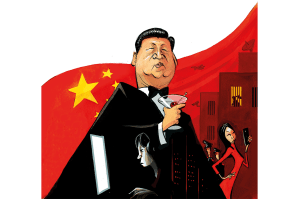

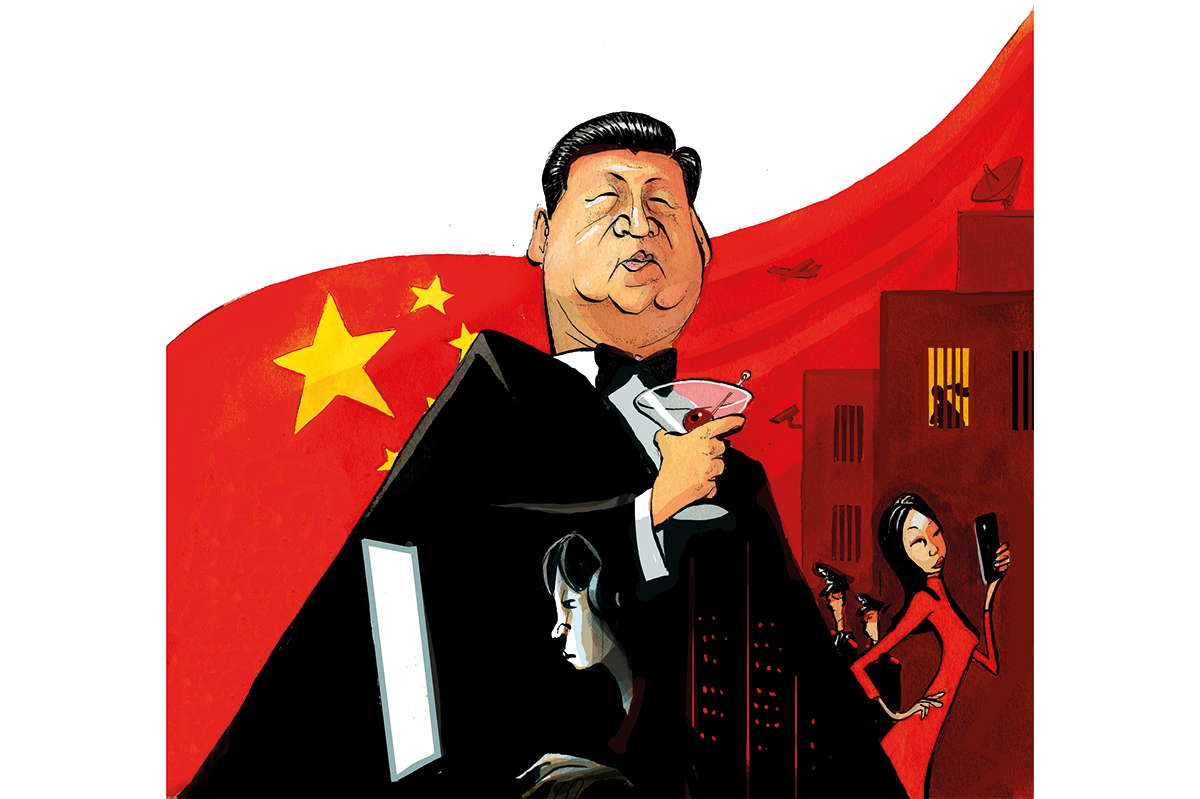

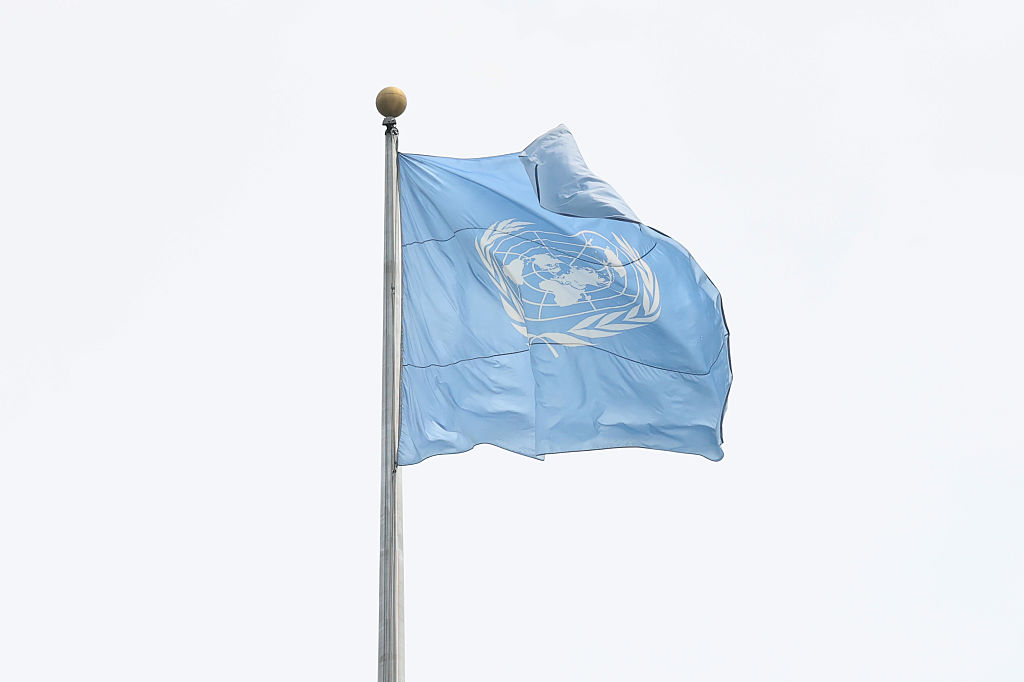
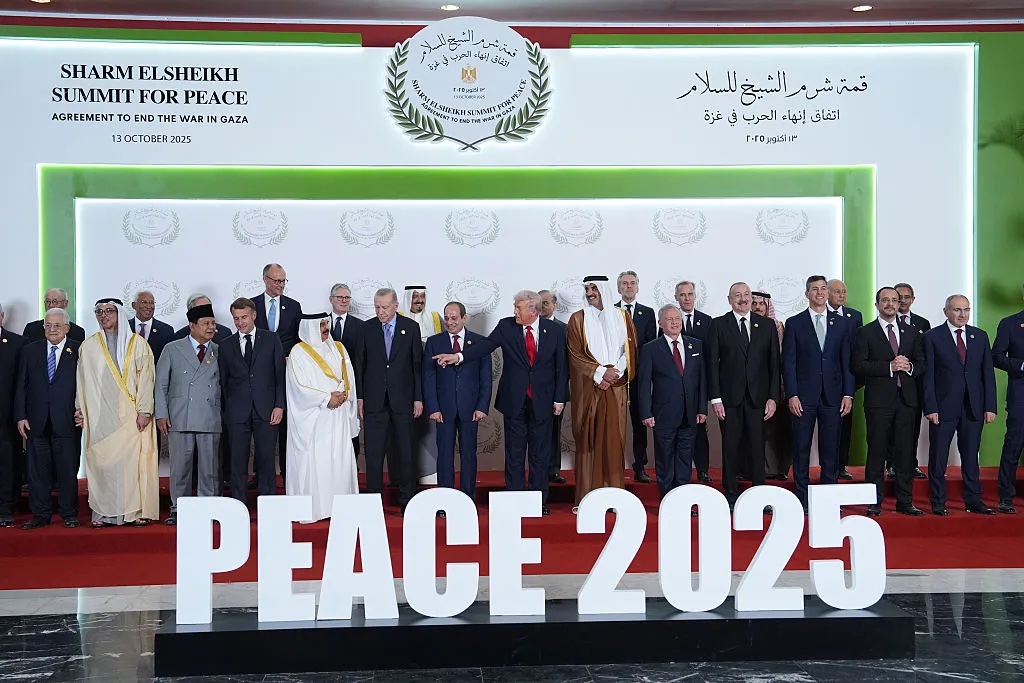
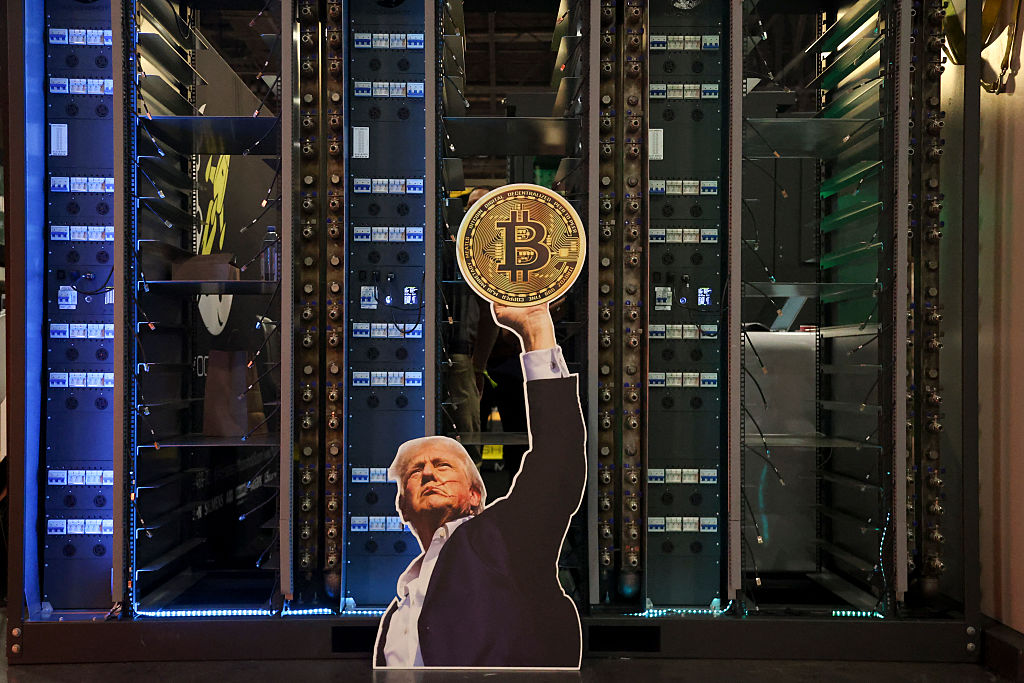
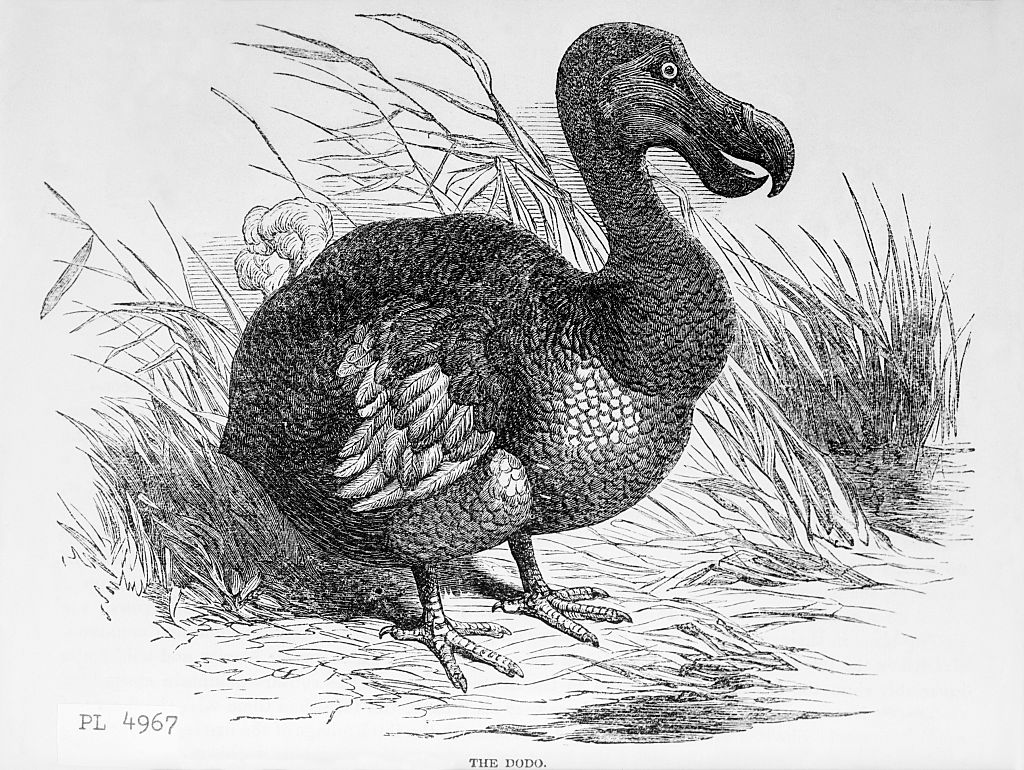







Leave a Reply